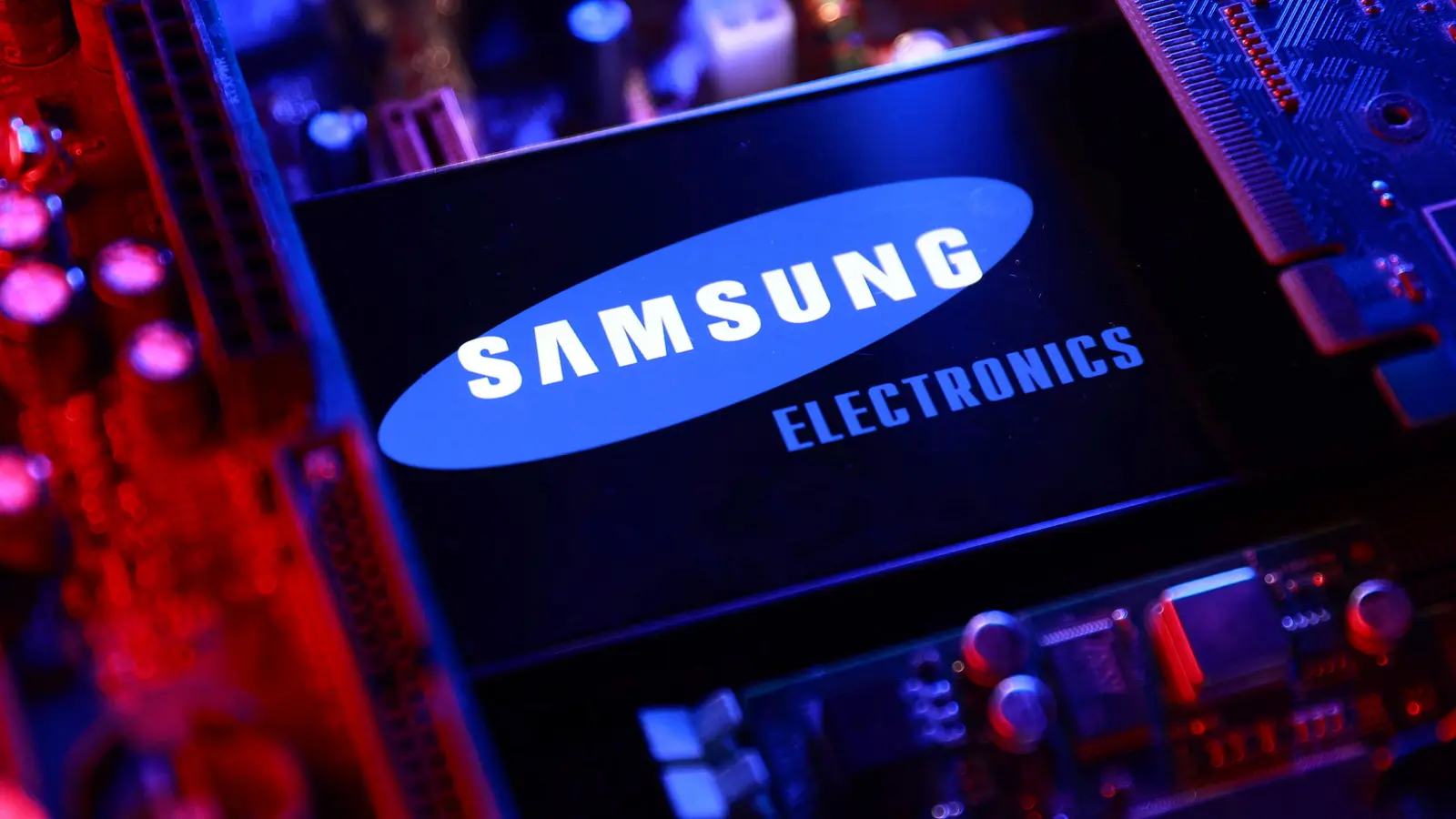3 Minutes
Licenses revoked amid US-China tech tensions
The US Commerce Department has moved to revoke certain manufacturing licenses held by Samsung and SK Hynix that allowed them to upgrade or expand chip production in their Chinese facilities. While existing equipment and current operations will remain authorized, the companies can no longer bring in new US-made tools to expand capacity or replace broken machinery — a development that raises strategic and operational questions for global semiconductor supply chains.
What factories are affected and why it matters
Both Samsung and SK Hynix operate fabs across Asia and beyond. Notably, Samsung uses its Chinese sites largely for legacy nodes and mature DRAM production, while high-end logic and advanced memory lines are concentrated in South Korea, the US, and other locations. Because many high-precision semiconductor tools originate in the US, revoking upgrade licenses curtails the ability to modernize or fully service affected plants.
Product features and impacted technologies
Impacted products include mature DRAM and NOR/NAND components used in smartphones, automotive systems, servers, and industrial devices. While leading-edge nodes (5nm, 3nm) are not primarily produced in China by these firms, the inability to replace specialized tools could degrade yields and availability of legacy chips over time.
Comparisons: Samsung vs SK Hynix and Chinese suppliers
Samsung and SK Hynix retain technological advantages in process engineering and advanced memory design over many domestic Chinese vendors. However, Chinese foundries and memory firms may accelerate local tool development and alternative sourcing to reduce exposure to US export controls.

Advantages, use cases, and market relevance
For US and allied policymakers, the move limits China’s path to advanced semiconductor self-sufficiency. For chipmakers, it compels supply-chain diversification: shifting high-value manufacturing to jurisdictions outside China, bolstering spare-part inventories, and investing in regional redundancy. Use cases affected range from consumer electronics to AI servers and automotive systems that rely on reliable memory supply.
Outlook and mitigation strategies
Samsung and SK Hynix are likely to respond by accelerating capacity investments in South Korea and other friendly jurisdictions, negotiating exemptions where possible, and exploring non-US equipment suppliers — though alternative tooling often lags behind in capability. For global buyers, expect cautious inventory management and potential pricing pressure for legacy components if replacement becomes difficult.
In short, revoking upgrade licenses doesn’t instantly halt production, but it introduces a maintenance and modernization risk that could ripple through electronics manufacturing and supply chains worldwide.
Source: gsmarena


Leave a Comment